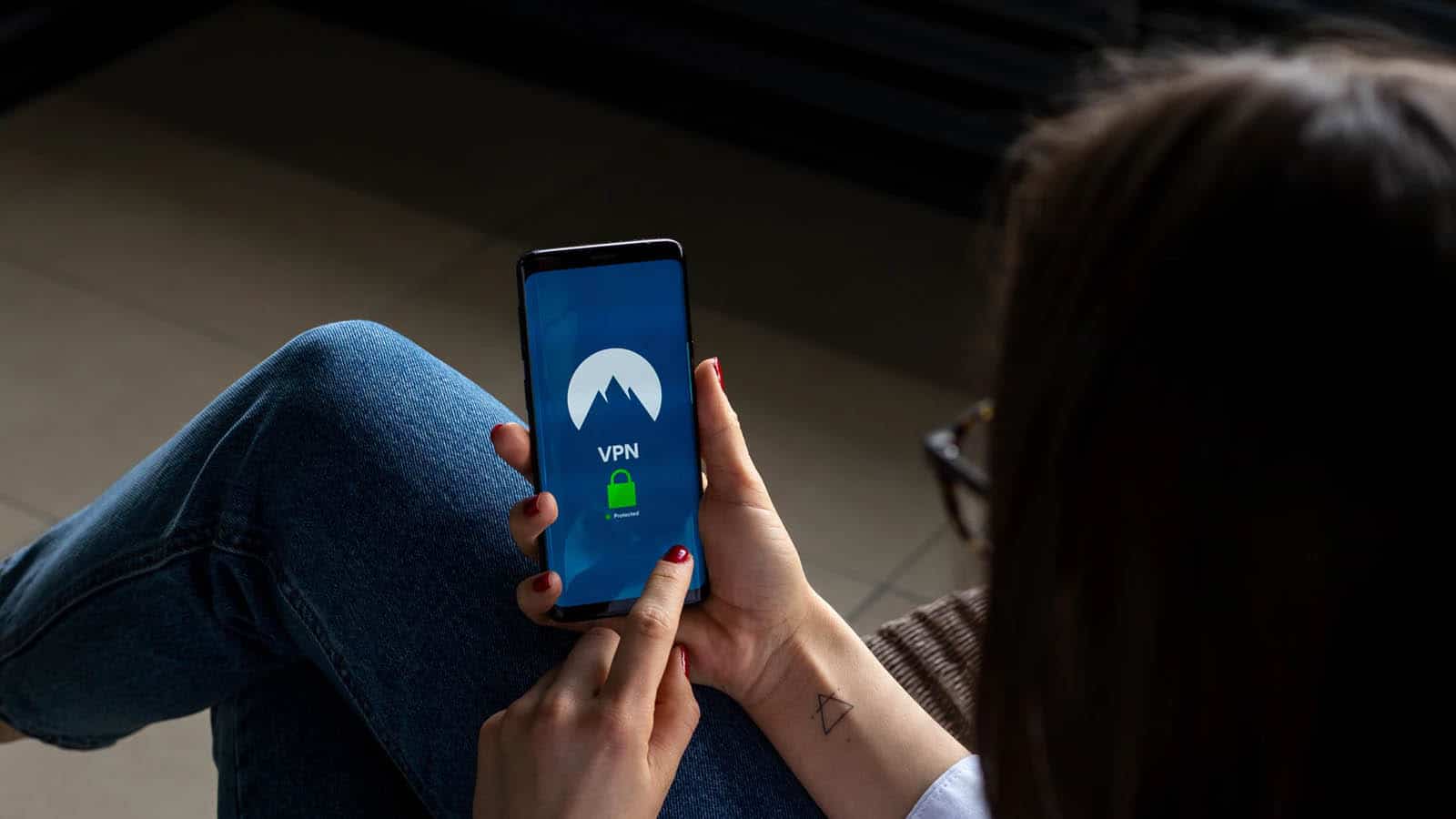
Just a heads up, if you buy something through our links, we may get a small share of the sale. It’s one of the ways we keep the lights on here. Click here for more.
It seems that everyone from your coworkers to your kids to your grandparents are hopping online to do their holiday (and non-holiday) shopping.
It’s also literally no surprise that online shopping continues to dominate the retail sector with brick-and-mortar stores having to constantly adapt to stay even somewhat competitive.
I mean, just look at some of these statistics regarding holiday and online shopping:
- Adobe Analytics predicts over $143.7B in overall sales with $7.5B going to Black Friday and $9.4B going to Cyber Monday
- Adobe also predicts that every day in November and December could hit over $1B in online sales, despite the holiday shopping season being six days shorter than last year.
- Experian says this year, consumers are expecting to spend 75% more than last year
- The National Retail Federation says 56% of shoppers will be doing it online.
Sure, it is fun to walk around one of those fancy “premium” outlets or walk around the local mall and enjoy the holiday decorations. But, the lines, the crowds and obnoxious customers make the experience that much less enjoyable and online shopping more appealing.
Amazon, eBay, and a multitude of stores that have online platforms provide shoppers with an anyone-can-use interface that makes probably the most stressful part of the holiday season simpler.
As more and more people are hopping on their smartphones, computers, and tablet to buy gifts, cybercriminals are taking notes

Image: Tech Everywhere
A report from Experian stated that 43% of identity theft took place online during the holiday shopping season. According to Accenture Security, phishing and social media attacks have been increasing every year by at least 16% in their annual Cost of Cybercrime report.
Other findings come from Akrose Labs, a cybersecurity company devoted to preventing fraud. It found that bot-driven login attacks rose to 70%. The company found that the attacks were tied directly to testing out login credentials for shopping websites.
Needless to say, these statistics make the ecommerce realm a lot scarier and the thought of going out much more appealing. With that said, however, that doesn’t mean you shouldn’t go shopping online period. There are things to watch out for, yes, but there are ways to prevent them.
And at KnowTechie, we want to help out everyone to the best of our ability during this shopping season. Black Friday might be over and Cyber Monday is still ongoing, but that doesn’t mean cyber attackers won’t be vigilant for the rest of the month.
What to look out for this holiday season

Image: Unsplash
Phishing scams
Naturally, one can expect some emails from “Target” or “Wal-Mart” with links about “great deals” for the holiday season. Most of these emails will require the recipient to log into something and thus, the attacker now has successfully caught what’s needed. Hook line and sinker.
Exceptionally good deals
If you see a deal that’s “too-good-to-be-true,” chances are that it is. Everyone is trying to save a buck or two during the shopping season, so anyone can be fooled by these types of links. They can be found through email, ads or social media.
Social media
An interesting report from Security Boulevard shows that social media proved to be the big entryway for most cyberattacks last holiday season. In fact, it made $3.25B total for those committing the attacks.
Since a lot of folks have a debit or credit card tied to social media platforms like Facebook or YouTube, most attackers found it easy to obtain them through logging into someone’s account. Others include accounts posting links to “great deals” or obtaining information through a social media platform’s messaging feature (i.e. like Facebook Messenger).
What can you do to protect yourself when online shoppping

Image: Unsplash
Update your software and passwords
Keeping your smartphone OS updated is key for performance, but also a way to keep one step ahead of the hackers. New software updates have small, but key, differences that can throw a big wrench into an attacker’s plans.
Passwords are another thing you should keep changing for the shopping season. It’s good to focus on the length and what is in the password, meaning what letters and numbers. Having a long-drawn-out password is a good way to keep hackers out. Also, there are tools to help you see if your password is compromised.
Don’t use public Wi-Fi
If you are ever out and about the next month and just need to get some online shopping done at a local Starbucks, don’t. Public Wi-Fi is exceptionally easy to get into and can be a haven for cyberattackers. When you are buying something online, it’s better to be on your home network. You could also subscribe or purchase a VPN.
Be wary of strange links
This is what phishers use as their main bait. A good indicator is within the address itself. If you are on a desktop, you could move your cursor to the link and see the full link in the bottom left corner. If it lacks an HTTPS or HTTP at the beginning, avoid it like the plague.
Of course, downloading a trusted anti-phishing or email security software can prevent those types of attacks on your phone or computer as well.
Above all else, just use good judgment
Think about the phrase, “if it looks like a duck, and quacks like a duck.” If a link looks sketchy, more than likely, it will be sketchy. If an app is spamming you with ads that look strange, chances are they are trying to get to you. At the risk of sounding repetitive, just don’t click or download anything that just looks like a cybercrime waiting to happen.
Be safe out there, okay?
Everyone wants a good holiday season. It’s stressful, time-consuming, and sometimes not fun shopping. But it can be all that and more if you are under some kind of cyberattack. It’s good to know what is out there so you can be ahead of the hackers.
What do you think? Do you take any extra precautions when online shopping? Let us know down below in the comments or carry the discussion over to our Twitter or Facebook.
Editors’ Recommendations:
- This gnarly Cyber Monday deal scores you a Galaxy Tab for 9 (normally 9)
- Walmart is offloading PlayStation VR bundles for under $300 on Cyber Monday
- Facebook has a new data tool that lets you easily transfer your photos to Google Photos
- Cyber Monday gifts for your tech curious friend
































